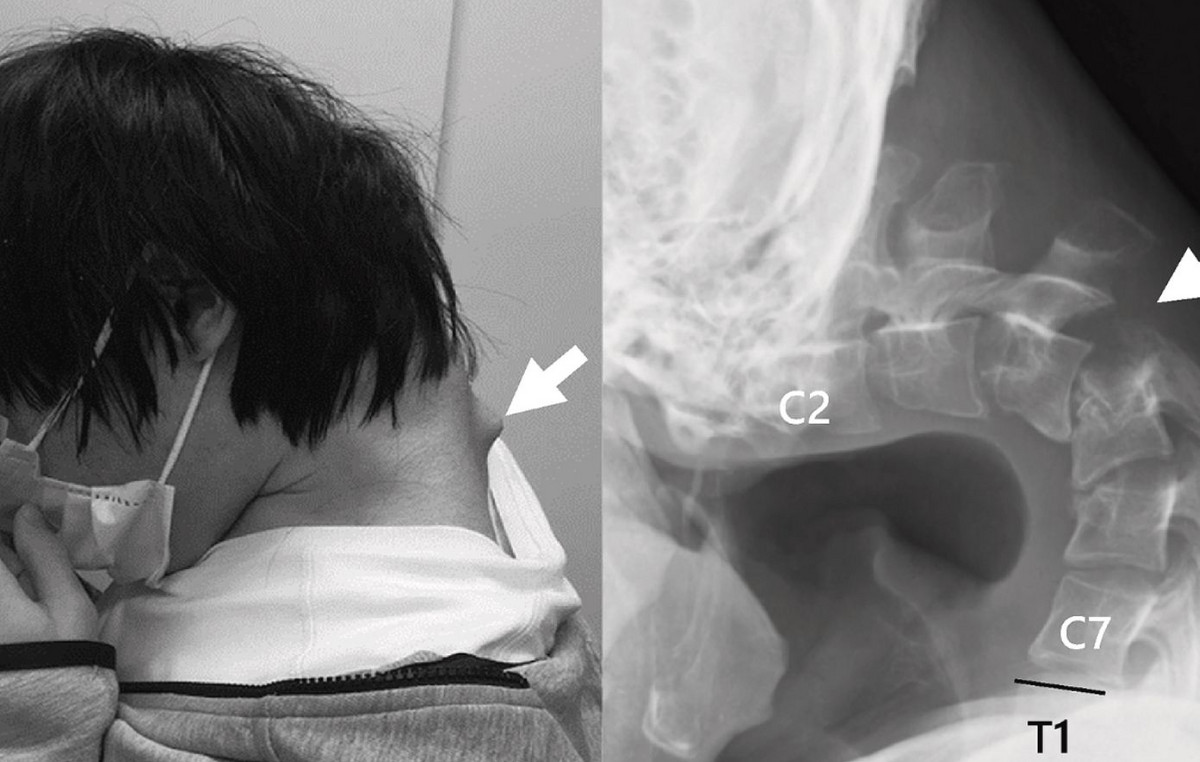Alcoholism and its treatment are strongly influenced by social gender issues, according to new research from the University of São Paulo (USP).
The study points out that, in mixed groups of Alcoholics Anonymous (AA), women feel uncomfortable talking about their experience with drinking and have difficulties to expose intimate issues in environments frequented by men. Many also declared to be victims of sexual harassment, prejudice, discrimination and sexism.
The research involved the participation of 30 women with alcohol use disorder who sought support at a women’s AA meeting in a group in the North Zone of São Paulo.
The study was led by professors from the School of Arts, Sciences and Humanities (EACH) at USP Edemilson de Campos, anthropologist and research coordinator, and Nádia Zanon, specialist in women’s health. The results were published in the scientific journal Alcoholism Treatment Quarterly Journal.
barriers to reception
Although there are around 120 Alcoholics Anonymous (AA) groups in the city of São Paulo, only six are directed exclusively at women, according to the survey.
“The experience of alcoholism is different for men and women and the way of communicating this experience is also different. Because they have specific demands, we recognize that there is a need to expand exclusively female spaces, places where they can be better welcomed to share their experiences”, says Campos in a statement.
AAs are voluntary communities of people who meet periodically to address issues related to alcoholism and to find strength and warmth in one another. The main objective is to help alcoholics to achieve sobriety. It was founded in 1935, in Ohio, in the United States, and today it is spread all over the world.
In Brazil, AA arrived in 1947 and has 5,081 mixed groups. In Brazil, alcoholism, a public health problem, affects around 2.3 million people between 12 and 65 years old, according to a survey carried out by the Oswaldo Cruz Foundation (Fiocruz) in 2017.
For the recent study, data were collected through observation at female AA meetings in São Paulo and through interviews with 30 women who participated in the meetings.
The group’s profile was varied: they were between 31 and 77 years old, most were married (12) or divorced (9). Regarding education, 12 women reported having completed high school; 13, complete higher education; one, incomplete higher education; three, graduate; and one, doctorate. Most worked in services or professions in their area of training, and all were housewives. Some were newcomers to the AA group, with one or two months of abstinence from alcohol, and others with more years in the group, with 31 and 38 years of abstinence.
According to the study, some women found it difficult to remain in co-ed AA programs due to partner insecurity, since the majority presence of men in the group was seen as a “threat” to the relationship.
According to researcher Nádia Zanon, this pressure on women, when they are still in the early stages of recovery, can lead them to choose to preserve their relationship and leave AA.
“The incredible advantage of this group is that we are free to expose our intimacy, especially the sexual one, whereas in the mixed group we don’t feel comfortable”, tells the research one of the women who chose to attend an all-female group.
gender issues
Gender asymmetries present in society impact the way alcoholism is treated, including recovery groups such as AAs, the researchers assess. Nádia claims that alcoholism in women is laden with guilt, shame and social suffering. She is seen as a transgressor of morals, rules and the social role that is expected of her, whether as a mother, wife or housewife.
“Repeatedly, I heard from my mother that I only thought about drinking and that a drunk like me had no responsibility for life or children”, reports one of the women interviewed by the study who, due to drinking, was unable to attend the funeral. of her twin sister. “I drank so much that I didn’t go.”
Also according to the study, women who suffer from alcoholism are also more prone to isolation. The feeling of shame for drinking in public, for example, leads women to drink alone, often at home, which accentuates impacts on self-esteem and friendships.
The researchers acknowledge that Alcoholics Anonymous (AAs) are an important form of support and treatment for women with an alcohol disorder, although they still face problems sharing their intimacy in co-ed meetings.
The survey results suggest the need to expand exclusively female spaces in order to more effectively meet women’s demands, especially in matters where the gender stigma is more pronounced, such as romantic and sexual relationships, in addition to the specificities of the misuse of alcohol by women.
The research was supported by the State of São Paulo Research Foundation (FAPESP).
(With information from Ivanir Ferreira, from Jornal da USP)
Source: CNN Brasil
I am an experienced journalist and writer with a career in the news industry. My focus is on covering Top News stories for World Stock Market, where I provide comprehensive analysis and commentary on markets around the world. I have expertise in writing both long-form articles and shorter pieces that deliver timely, relevant updates to readers.







